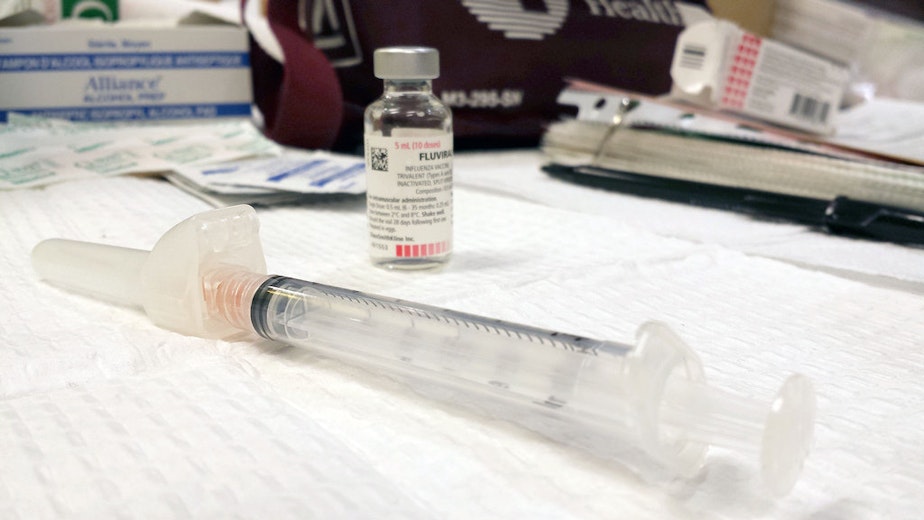UW researchers use influenza DNA to build a better vaccine

Medical researchers have for years wanted to develop a longer lasting flu vaccine. A more effective version would mean people wouldn't need to get immunized every year.
University of Washington microbiology profession Deborah Fuller has researched the topic since the ‘90s, and said “we think that we can actually do better in terms of providing better protection against influenza."
Fuller said her team of researchers is close to developing a better version. They are testing a new influenza vaccine now.
"Kind of similar to the measles vaccine, you'll get it once and you're protected for years afterwards. We think that that's the future for flu vaccines," she said.
Instead of repelling the virus, like flu shots do now, Fuller's version seeks out infected cells and kills them. That's because the vaccine is built from the DNA of the flu virus.
"That targets a different part of the virus that doesn't change from one year to another. Then every year when the seasonal flu comes back the population that gets vaccinated will theoretically have immunity," Fuller said.
Fuller said if it's approved for the public this type of flu immunization is still about five to ten years away.
She said they are seeing promising results. In a UW lab test of 16 monkeys, results showed the vaccine was effective against the influenza strains covered by the vaccine and strains that were not.
The most recent research is published in the journal PLOS ONE.

